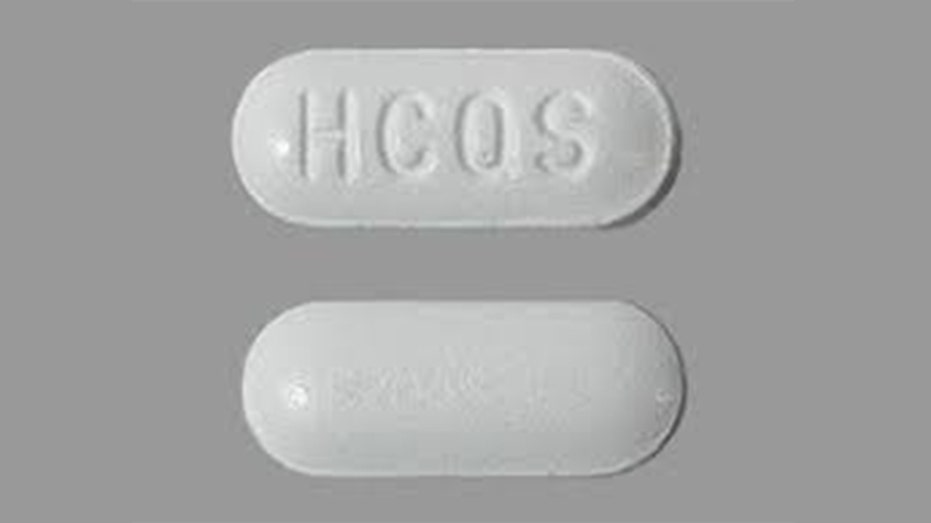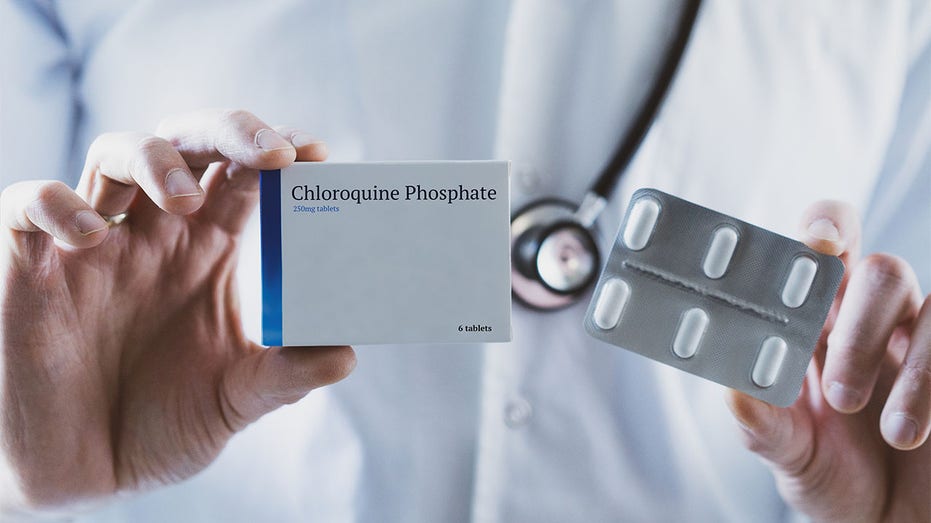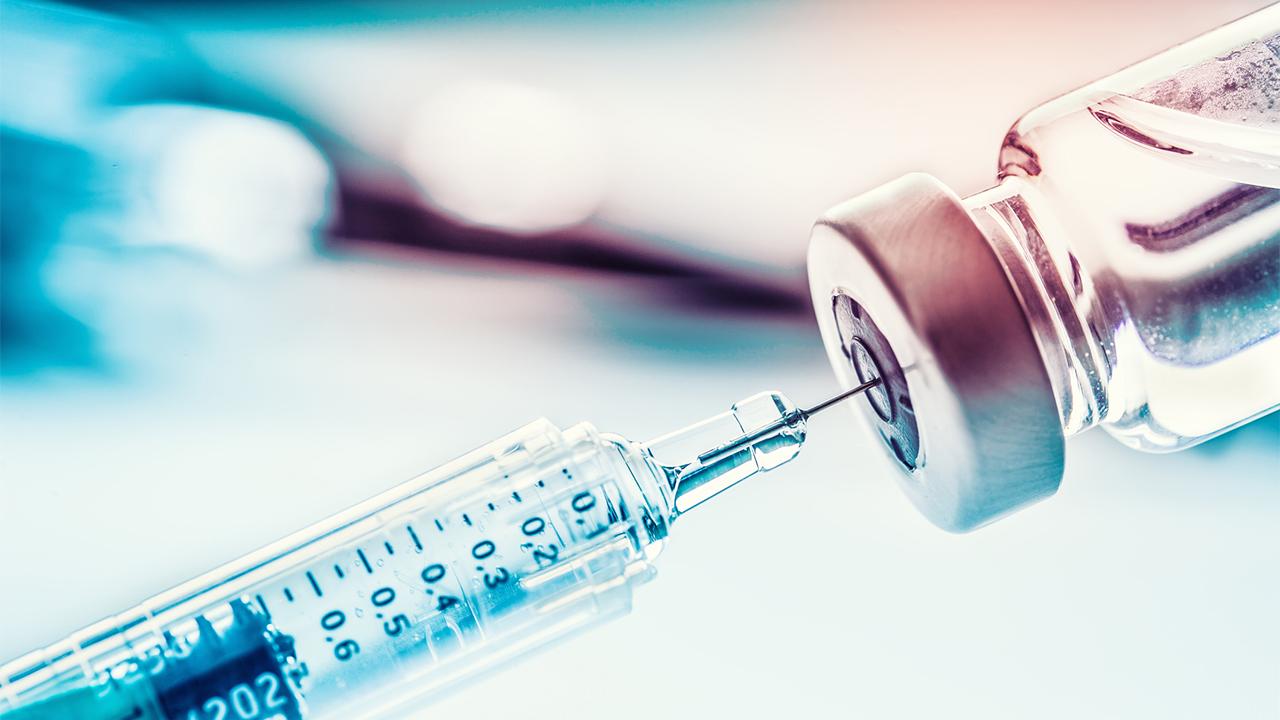What are Hydroxychloroquine, Chloroquine and how much do these potential coronavirus drugs cost?
Nevada's governor issues order prohibiting both drugs for coronavirus treatment
Get all the latest news on coronavirus and more delivered daily to your inbox. Sign up here.
The state of New York began trials Tuesday on the treatment of coronavirus using hydroxychloroquine and chloroquine, often used in the treatment of malaria.
The action comes following President Trump's announcement last week of government approval of testing the two drugs. Over the weekend, he expressed his optimism over the possibility of success calling it "one of the biggest game changers in the history of medicine" when combined with antibiotic Azithromycin. According to one clinical trial of 36 patients in France, six patients who were administered the drugs were able to recover from COVID-19.
Still, not everyone is convinced, especially after one man in Arizona treated himself with chloroquine and died.
Nevada Governor Steve Sisolak (D) signed an emergency order on Tuesday that prohibits the prescribing and dispensing of chloroquine and hydroxychloroquine for a coronavirus diagnosis and limits the prescription amount to a 30-day supply.
“This emergency regulation protects Nevadans who needs these drugs for legitimate medical purposes. At this point in time, there is no known cure for COVID-19 and we must not withhold these drugs from those who need them,” the governor said in a statement, “The best way to prevent the spread of COVID-19 is to stay home for Nevada, not to stockpile these drugs.”
Dr. Ishan Azzam, chief medical officer for Nevada's Division of Public and Behavioral Health, called the decision "a strong step in protecting patients".
"While studies are underway on the usefulness of these drugs in treating COVID-19, we must deal with facts, not fiction,” he said. “Preserving these drugs for those who need it is the right decision.”
Here's what you should know about these potential coronavirus treatments:
TEVA TO DONATE POTENTIAL CORONAVIRUS TREATMENT TABLETS
What is Hydroxychloroquine?

Hydroxychloroquine is a drug that is primarily used to treat malaria, arthritis and lupus, among other diseases.
It is available in tablets of 200 milligrams and is sold under the brand name Plaquenil in addition to its generic version.
According to the CDC, it can be prescribed to adults and children of all ages and can also be safely taken by pregnant women and nursing mothers.
While hydroxychloroquine is a relatively well tolerated medicine, the most common side effects are stomach pain, nausea, vomiting and headache. It may also cause itching in some people. These side effects can often be reduced by taking hydroxychloroquine with food.
When traveling, the CDC recommends that adults and children should take one dose of hydroxychloroquine a week starting at least 1 week before traveling to their destination. They should take one dose a week while there, and for 4 consecutive weeks after leaving.
The weekly dosage recommendation for adults is 400 milligrams. For children, parents can consult their doctor who will prescribe dosage based on a child's weight. The child’s dose should not exceed the adult dose a week.
How much does Hydroxychloroquine cost?
The generic and brand versions of hydroxychloroquine are covered by most Medicare and insurance plans, some pharmacy coupons or cash prices may be lower.
According to Good RX, the lowest price for the most common version of hydroxychloroquine is around $20.41, which is 88 percent off the average retail price of $177.73 for 60 of the 200 milligram tablets. The lowest price for the most common version of Plaquenil is around $626.87, which is 11 percent off the average retail price of $710.89 for 60 of the 200 milligram tablets.
GET FOX BUSINESS ON THE GO BY CLICKING HERE
What is Chloroquine?

Doctor holding Chloroquine Phosphate drug
Chloroquine, also known as chloroquine phosphate, is a drug used to treat or prevent malaria.
It is available in tablets of two sizes, 250 and 500 milligrams, and it is sold under the brand name Aralen in addition to its generic version.
According to the CDC, it can be prescribed to adults and children of all ages and can also be safely taken by pregnant women and nursing mothers.
While chloroquine is a relatively well-tolerated medicine, its side effects include stomach pain, nausea, vomiting, and headache. It may also cause itching in some people. These side effects can often be lessened by taking chloroquine with food.
When traveling, the CDC recommends adults and children should take one dose of chloroquine a week starting at least one week before traveling to their destination. They should take one dose a week while there and for four consecutive weeks after leaving.
The weekly dosage recommendation for adults is 500 milligrams. For children, parents can consult their doctor who will prescribe dosage based on a child's weight. The child’s dose should not exceed the adult dose a week.
How much does Chloroquine cost?
While generic chloroquine phosphate is covered by most Medicare and insurance plans, some pharmacy coupons or cash prices may be lower.
According to GoodRX, the lowest price for the most common version of Chloroquine is around $60.96, which is 60 percent off the average retail price of $155.27 for 30 of the 250-milligram tablets and around $74.38, 84 percent off the average retail price of $494.50 for 30 of the 500-milligram tablets.
CLICK HERE TO READ MORE ON FOX BUSINESS




















